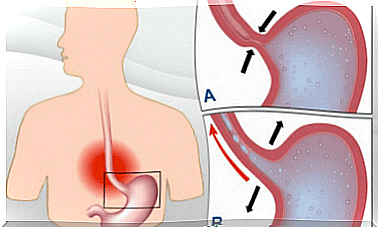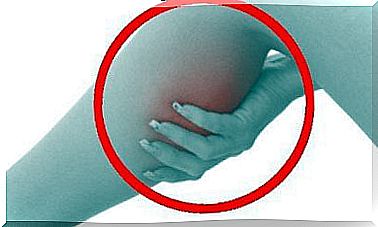Attachment In Children Affects Their Adult Life
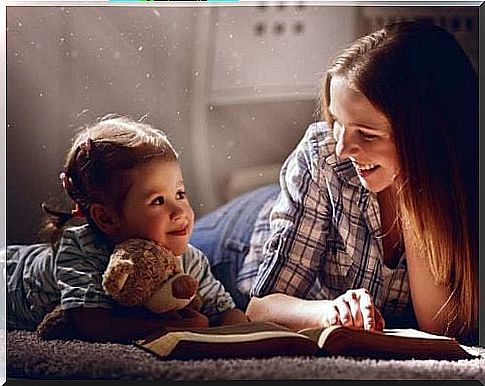
Attachment in children is the emotional bond that is established in the early stages of human life. This can be decisive for future relationships.
But in everything there is a need for balance. Adhesion is no exception in this area. Too much bonding, too much patronizing or too much protection can be just as damaging as the lack of hugs, affection or attention.
Attachment in children is a basic need

The attachment process in children contributes to a healthy and normal development of the children’s brain. Attachment triggers certain processes related to relationships and socializing with others.
If people can’t release their children or take a lot of distance from them – creating a dysfunctional relationship – there is little chance that their children will feel safe in their future relationships.
It is very important for a child to feel safe during the early years of life in order to build healthy relationships. It also keeps them from becoming emotionally dependent in the end. So it’s something we have to take care of.
For example, when children suffer from the separation of their parents during the early attachment period, it is possible that they will focus on this.
In many cases, people may be ignoring their children because they believe they are unaware of anything. Many people mistakenly believe that small children cannot develop anxiety disorders related to the parents’ personal interactions.
Attachment Styles in Children
1. The secure attachment style
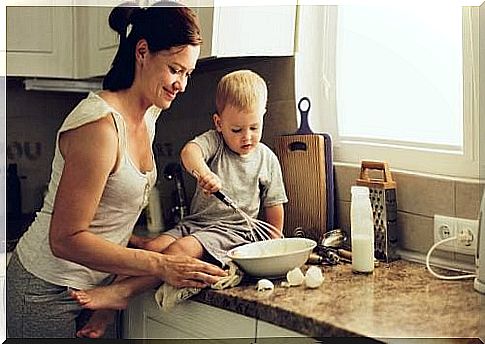
In this type of attachment, the parents address their children and respond to their emotional needs. They do not ignore the children, but show them love and always seek contact with them.
Keeping in touch doesn’t just mean giving kisses and hugs. Sometimes small children don’t respond to such gestures because they don’t want them.
2. The anxious or ambivalent attachment style
Here we see that parents are loving, but don’t know how to show it. The result is that there is less contact with the children. The parents fail to empathize with their children. So there is some distance.
In addition, it is also important to remember that with this type of attachment there is always a negative attitude towards the child. Often the parents point out all the bad things the child does, but never all the good things. This can lead to a lack of self-confidence.
3. The Anxious and Avoidant Attachment Style
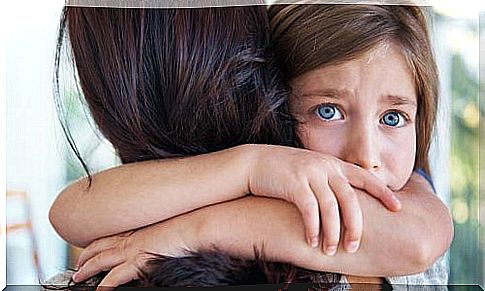
In this case, there is a clear rejection of the child. The parents can display very unpleasant behavior. Examples of this situation are parents who are unfaithful, who have problems with alcohol or drug addiction, or who see the child as invisible or as a burden.
Rejection becomes commonplace, as does punishment. The child will understand that it is a burden and not loved. This will be reflected in their relationships in later life. They will always be disappointed in their future relationships.
4. The Anxious and Disorganized Attachment Style
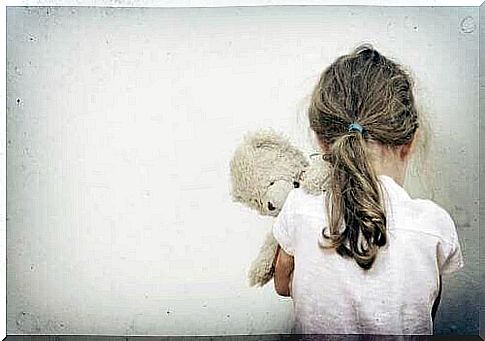
What are the characteristics of this latest example of attachment style in children? There is abuse and manipulation within the family. This mainly happens between the parents.
The child becomes disoriented, because when the child approaches his parents, they cling to him. After that, however, they manipulate him. As a result, a relationship based on fear and misunderstanding develops.
In later relationships this will show when they don’t know what they want. They don’t want to learn how to love. Manipulation and control will always be present.
So you see that the attachment style in children is very important. It is the source of many problems that are reflected in our relationships during our adult life. So it is essential to develop healthy attachments because your parents are the first people you make your first social bonds with.
As we mentioned before, balance also plays a key role. Both an excess and a lack of contact and affection can be very negative.
The most drastic effect is that it makes them dependent on others. By that we mean that they will not only seek affection from others, but also approval.
Not all of us experienced a secure attachment as a child, but the good thing about all of this is that it can be changed. You can learn how to improve those frustrating and painful relationships that are partly a result of childhood and that are influenced by your development.





